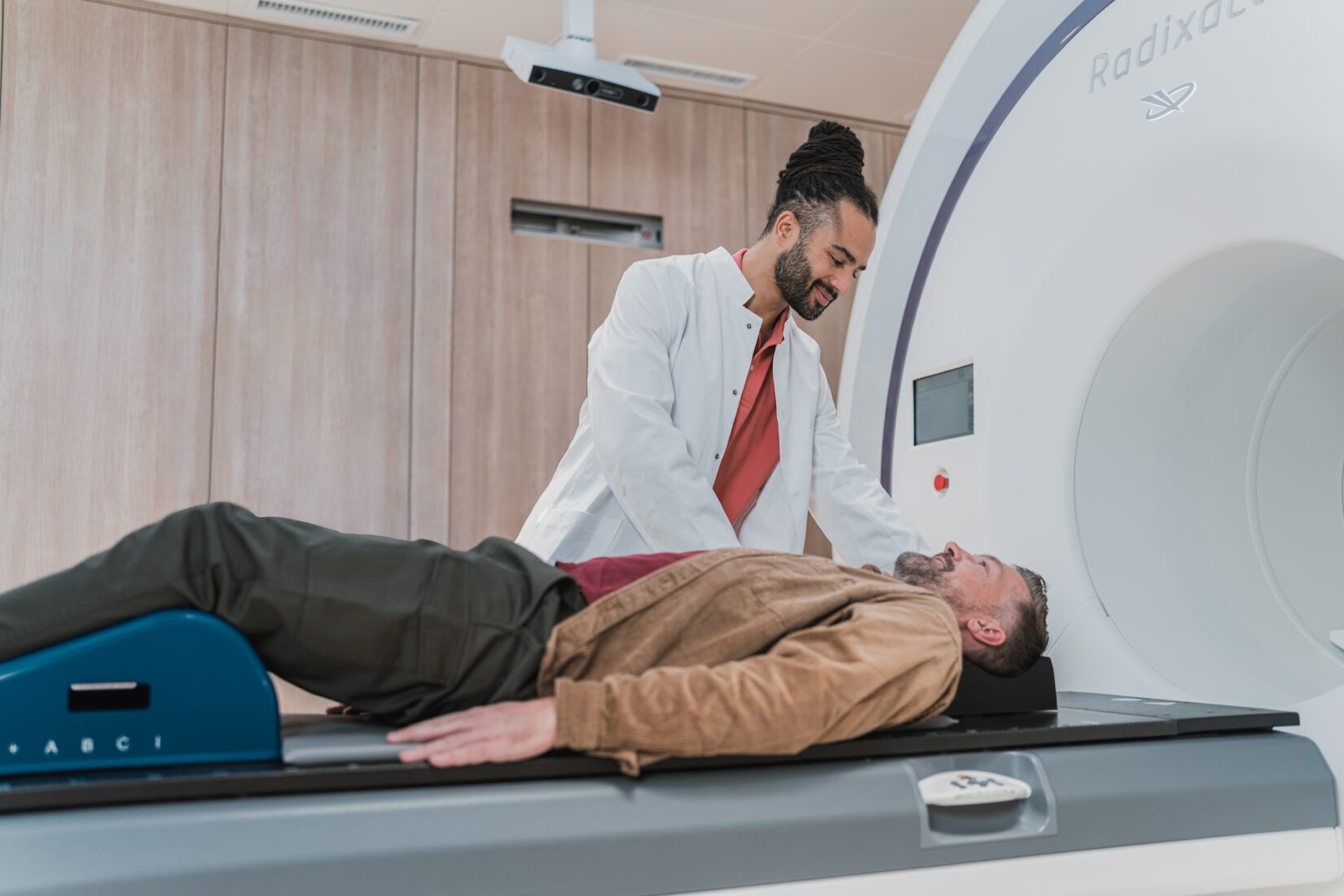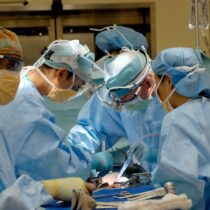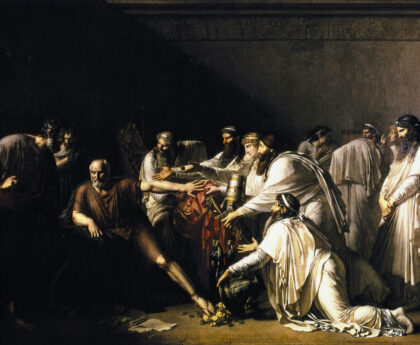Medicine in the 19th century
The nineteenth century can be called the time when medicine was fully formed as a science. Mysticism, witchcraft and ecclesiastical practices no longer had a place in medicine.
The knowledge accumulated and processed in previous periods of history began to produce practical results, expressed in an increase in life expectancy, the ability to resist epidemics, a victory over certain diseases, a reduction of infant mortality, which previously was terribly high.

The knowledge about the functioning of the human body already corresponds in many respects to modern ones, although the study of the nervous system and metabolic processes is actively continuing. Darwin’s theory of evolution, Mendel’s discovery of genetics, and the breakthrough in chemistry, thanks to which pharmacology is becoming a separate field, have had a great influence on medicine.
The development of microbiology was no less important. The agents of many infectious diseases were identified (we should not forget that until the beginning of the 20th century infectious diseases were the main cause of death), which led to many practical discoveries, including aseptic and antiseptic ones. Cures for many of them were found. Most serious infections have also been defeated through the development of vaccination and sanitation. Knowledge of infections and their prevention, as well as the use of anesthesia, has improved the survival rate of surgical procedures, providing a further breakthrough in this field of medicine as well.




